Random Free Articles
- Dedication to Learning a Martial Art
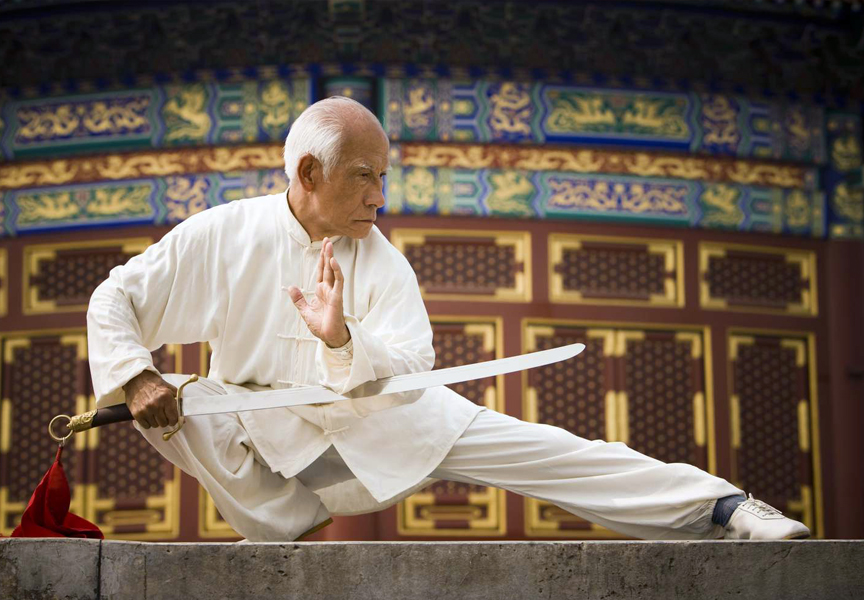
Martial arts are not just a form of physical exercise or self-defense; they are a way of life. To truly master a martial art, one must embrace a journey that demands unwavering dedication, discipline, and a deep respect for tradition. Learning a martial art is not a casual pursuit; it requires a commitment that goes far beyond the confines of a dojo or training hall. In this article, we explore the importance of dedication to learning a…
- Ηeart to Ηeart Τransmission
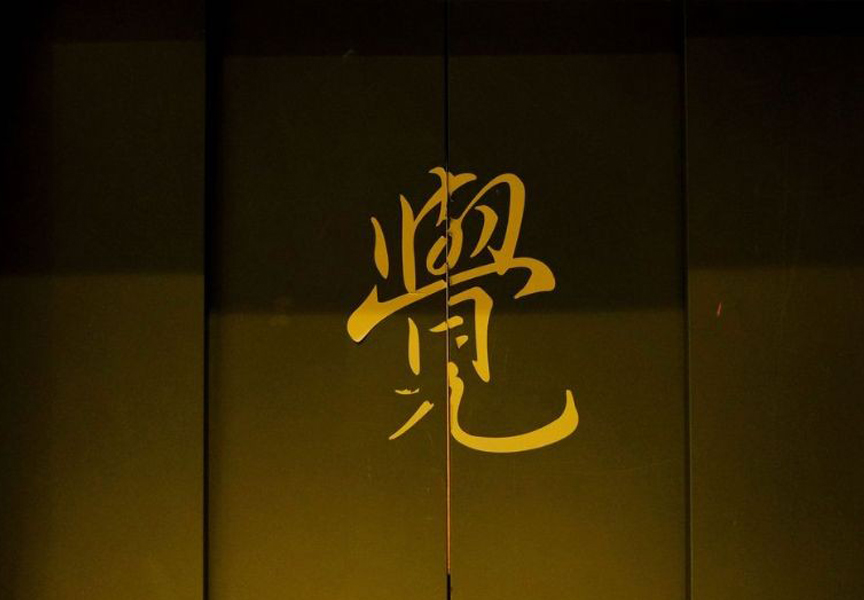
What the Heart Feels, the Mind Transmits Education is a multifaceted process that goes beyond the mere exchange of instructions. In the realm of learning and teaching, there exists a profound and often overlooked dimension known as "heart to heart transmission" [Chin.: FóXīn 佛心 | Jap.: Ishin-denshin]. This form of communication transcends the physical and intellectual, delving into a realm where profound understanding and…
- Preserving the Essence of Martial Arts
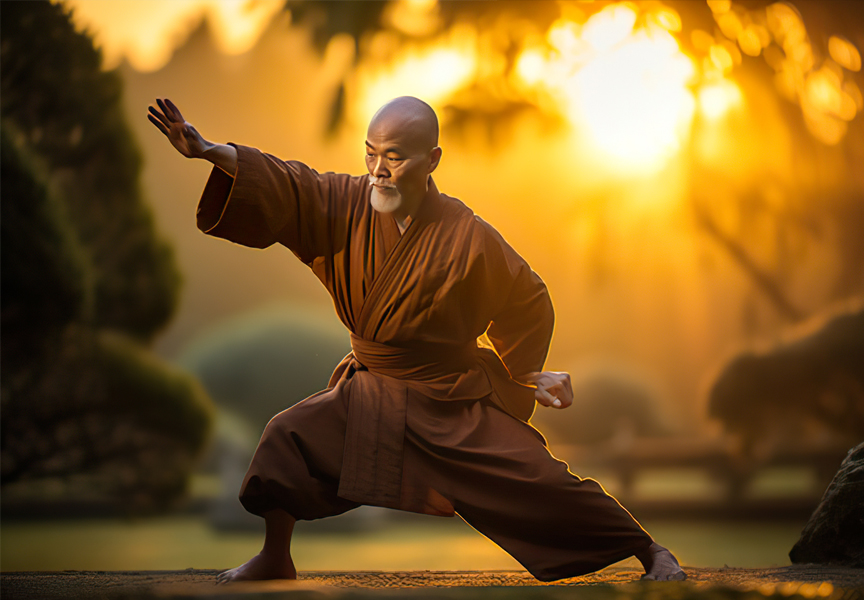
Beyond Victories and Podiums In a world where competitive sports dominate headlines and social media feeds, the true essence of traditional martial arts often gets lost in the clamor for victories and podium finishes. While there's no denying the physical prowess and discipline required in competitive martial arts, it's crucial to understand that traditional martial arts go beyond the pursuit of trophies and medals. Attempting to…
- The Erosion Of Tradition in Martial Arts
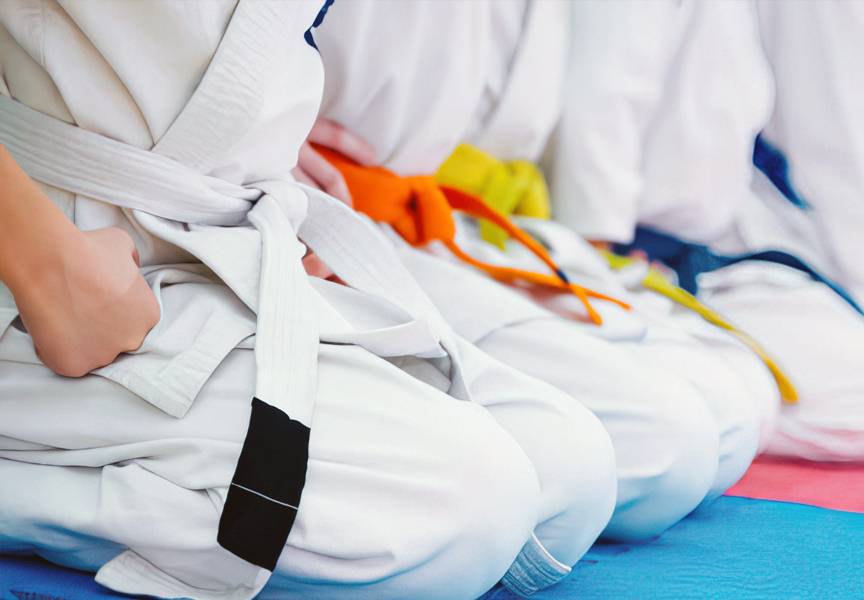
How Competitive Sports Dilute Traditional Martial Arts In the world of martial arts, tradition is more than just a concept; it's the soul that breathes life into these ancient disciplines. Rooted in centuries of history, traditional martial arts have long been revered for their holistic approach to self-defense, personal development, and cultural preservation. However, in recent times, a noticeable shift has occurred as many traditional…
- Unlocking the Essence of Dang Jin
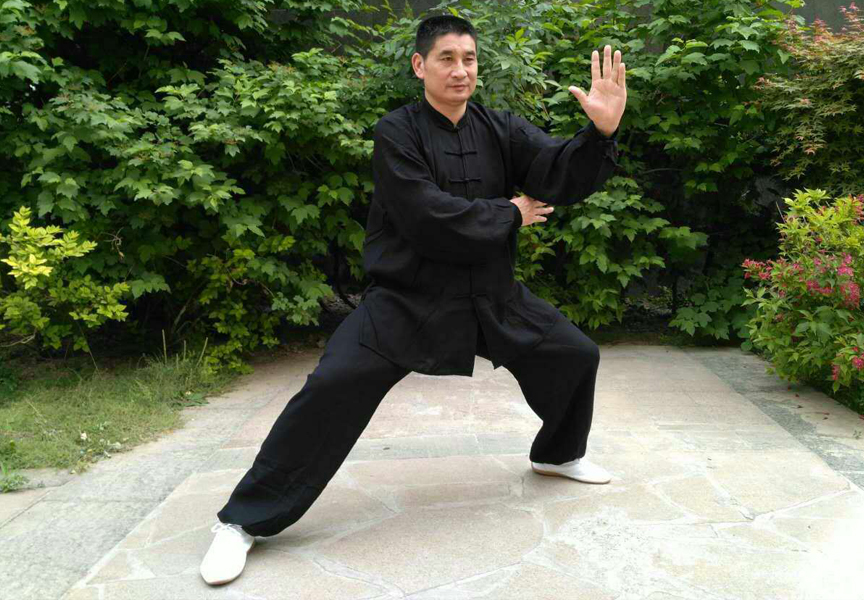
A Journey of Balance and Harmony Shaolin Rou Quan [Chin.: Shàolín róu quán 少林柔拳], often referred as Shaolin Rou Gong [Chin.: Shàolín róu Gōng 少林柔功], is a Chinese martial art that has captured the imagination of people around the world for centuries. Rooted in ancient philosophy and imbued with the principles of balance, harmony, and the interplay of opposites, Shaolin Rou Quan offers practitioners a path to physical…
